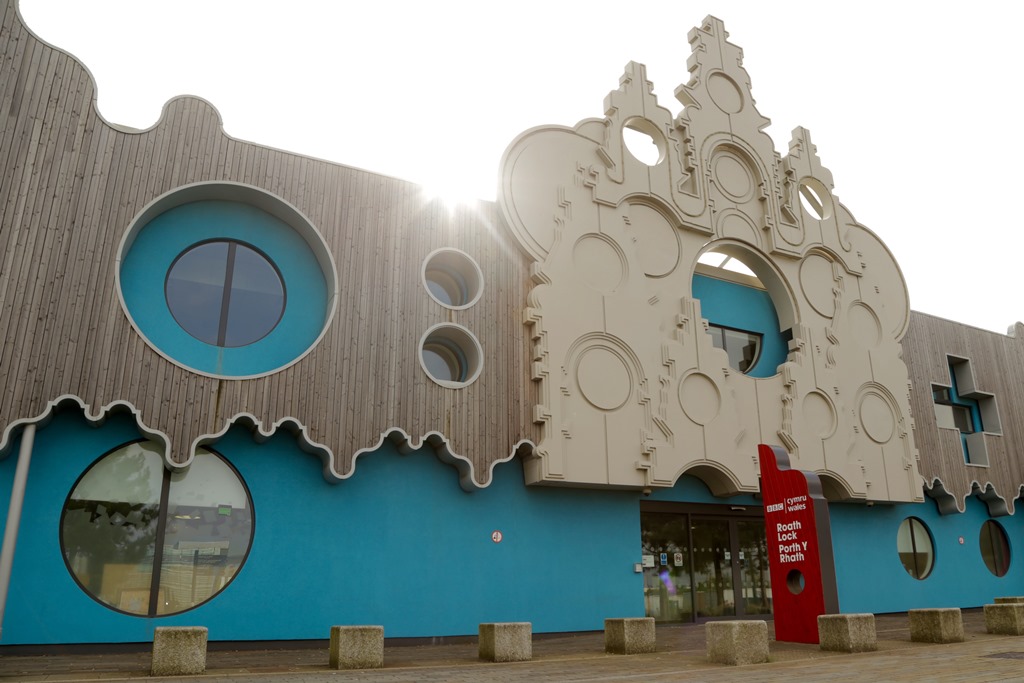
The BBC should spend an extra £30 million on programming in Wales, according to a National Assembly for Wales committee.
The Communities, Equality and Local Government Committee has been examining the potential impact negotiations over renewing the BBC's Royal Charter will have on Wales.
The Committee concluded that the BBC enjoys a position of unique importance in Wales - Welsh audiences consume a greater proportion of BBC services than those in the other nations and regions of the UK.
In addition, a lack of plurality in the media in Wales means that the Welsh public is dependent on the BBC to a greater degree than the rest of the UK, particularly as regards news and current affairs.
Given this position, the Committee believes that it is incumbent on the BBC to ensure that its output reflects the diversity of Welsh life and culture. It is in this regard Committee members concluded that the BBC has fallen short of its obligations.
It has recommended that the BBC's statement of public purposes should be strengthened to ensure that the corporation reflects, represents and serves the needs of the UK, its nations, regions and communities.
Members also want to see specific and measureable targets for portrayal of Wales in its network programming. It should report annually on progress against these targets to a dedicated National Assembly committee for communications.
The issue of commissioning was also considered by the Committee, which recommended that the BBC decentralise arrangements to ensure that network commissioners for the nations and regions are based in those nations and regions.
"Perhaps more than any other UK nation, the BBC occupies a position of unique importance in Wales given the lack of media plurality, and the extent to which Welsh audiences consume a greater proportion of BBC services," said Christine Chapman AM, Chair of the Communities, Equality and Local Government Committee.
"The significant decline in the BBC's investment in English-language programming over the last ten years has resulted in fewer hours of Wales-specific programming and a schedule that has failed to capture and explore adequately the lives and experiences of Welsh communities, as well as the changing political landscape post-devolution.
"This decline in investment has been more severe in Wales than the other nations of the UK. Whilst the BBC Executive has publicly acknowledged these shortcomings for some time, it seems to have done little to address them.
"The Committee concludes that, not only is the BBC's commitment to the nations to ensure "that they are cut less than other areas" unacceptable, but that a further £30 million be spent on services for Wales."
The future of S4C was also considered by the Committee, with members recommending that as part of the UK Government's review of S4C's remit, governance and funding, S4C's future funding needs are considered on their own merits, separate to the BBC's overall service provision for Wales.
In total the Committee makes 12 recommendations in its report including:
- The BBC develops specific and measureable targets for portrayal of Wales in its network programming. It should report annually on progress against these targets;
- The Committee supports the move to a federal structure for the BBC. Under such a structure, greater power and responsibility should be transferred to BBC Cymru Wales, enabling it to have greater editorial control over commissioning and decision-making; and
- The BBC reports annually to the Assembly on its outputs and operations that are relevant to Wales, and provides an audited statement of accounts.
More information about the Communities, Equality and Local Government Committee.

